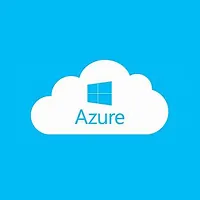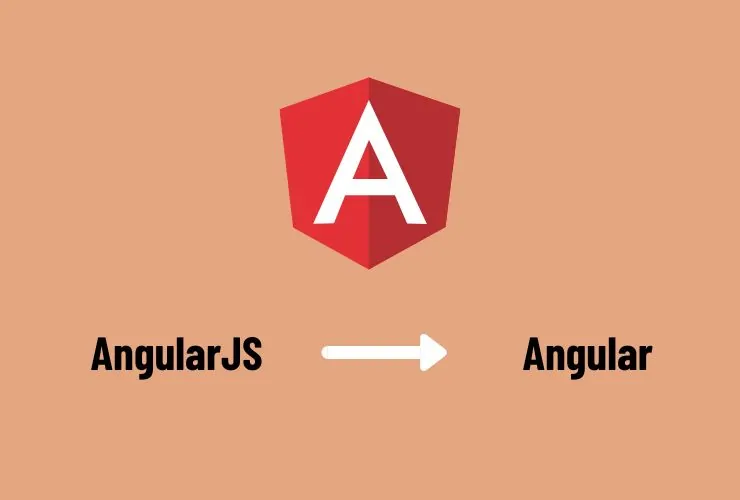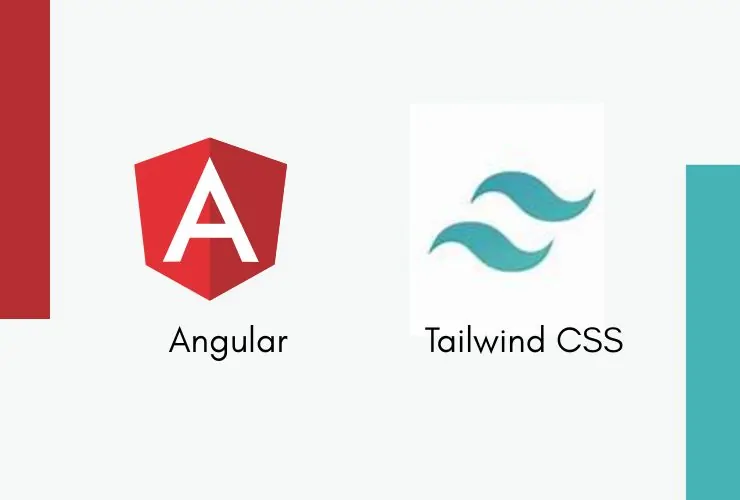In today’s fast-paced digital world, businesses demand highly responsive, scalable, and dynamic web applications. Angular, backed by Google, has emerged as a leading front-end framework that addresses these needs while offering robust tooling, developer-friendly architecture, and enterprise-grade capabilities.
With a component-based structure, TypeScript support, and powerful CLI tools, Angular empowers developers to build modern, maintainable, and high-performance web applications.
Reasons Angular is the Future of Web Development
1. Component Architecture
Angular promotes component-driven development and a component architecture to help developers build modular, reusable, and maintainable UI components, improving codebase and team collaboration.
2. TypeScript Principles + Type Safety
By utilizing TypeScript, a strongly typed language with advanced tooling, Angular allows for fewer runtime errors and quicker development cycles, generating higher code quality.
3. SPA Ready
Angular is built to support Single Page Applications (SPA), quicker page load times, smoother transitions between views, and provides a superior user experience without having to reload the page.
4. Strong Development Ecosystem
Angular has CLI which helps get the app started and then quickly deploy and manage the app securely. It has RxJS for enhanced reactive programming support and offers Angular Material for UI design, and a number of testing frameworks conveniently built into the ecosystem.
5. Scalable Architectures for Enterprises
From start-ups to large enterprises, Angular supports the complexities of a large single application with multiple modules, teams or developers contributing all at once.
6. Cross-Platform Development
Angular has made cross-platform development much easier, utilizing web components that support web, mobile (if using Ionic), and desktop (if using Electron). Decreasing development costs and delivery time.
7. LTS from Google.
Angular can be maintained across multiple ongoing projects or tactical updates using stable, robust, open-source code with a great community supporting the forward looking development of their product.
Benefits of Choosing Angular for Web Applications
Currently, Angular remains one of the most popular frameworks for building modern, scalable, and performant web applications. Therefore, as a framework built for purpose, Angular provides a clear choice for organizations looking to respond to the future with a component-driven approach to development.
Performance
Angular has been designed for performance by implementing optimizations for rendering and change detection, which provides users with high performance experiences even in cases of complex, dynamic applications. With a number of features like an inbuilt Ahead-of-Time (AOT) compiler and lazy loading, Angular has rendered forms of applications as fast, functional and efficient.
Maintainable Codebase
As an individual with experience building in Angular, I’ve personally witnessed how an enterprise team can achieve a more maintainable codebase due to Angular’s modular, component-driven approach to development. It builds a pathway for teams to alter or reuse their code across platforms while simplifying each team’s upkeep, making it easier for teams to solve meaningfully complex problems, all while avoiding preventable technical debt.
SEO Friendly
By enabling server-side rendering with Angular Universal and loading content prior to JavaScript running, Angular reduces headaches around visibility for search engines, enhances content discovery, and makes it indexable. Likewise, this feature is useful for commercial businesses that depend on organic traffic to improve their ranking with search engines.
Comprehensive UI Components
With nearly over one hundred to choose from, Angular Material—consisting of functional and responsive UI components, packaged in modules—is one of the best ways for developers to deliver an interesting user interface quickly. Cocktails of context and components do provide developers with a top-end starting point with the documented libraries for Angular. In this regard, developers often are provided access to a remarkable selection of prima facie clean and responsive UI pieces for prototyping any application.
Strong Community & Documentation
Angular is backed by Google and a vibrant developer community, providing extensive tutorials, forums, and resources. This ensures ongoing support, frequent updates, and best practices for enterprise-grade application development.
Why Angular is Perfect for Enterprise Apps
- Scalable Architecture: Designed to support larger apps consisting of multiple modules being created by other teams simultaneously
- Cross-Platform Capabilities: Write a web app once and easily create a mobile app (Using Ionic) and a desktop app (Using Electron).
- Security & Compliance: Built-in security features and decided best practices for enterprise apps.
- Integration ready: Angular perfectly integrates with APIs, microservices, and cloud services providing enterprise features out of the box.
Significant Angular Capabilities that Lead to the Future
- Reactive programming with RxJS: Easily retrieve multiple streams of asynchronous operations
- Dependency Injection: Designed to reduce complexity in code maintenance and testing.
- Angular CLI: Built specifically for Angular projects to create, complete, build, test, and deploy.
- State Management: Solutions like NgRx provide a complete state management solution for complex apps.
- Progressive Web Apps: Build web applications that install, run offline, and keep the experience current.
Our Angular Development Services at Empirical Edge
At Empirical Edge, we pride ourselves in delivering a sophisticated set of services in Angular web development that help business build scalable, responsive and modern applications.
Our Angular Development Services include:
- Custom Development: We deliver custom web applications built to satisfy your business needs.
- Single Page Applications (SPA): Highly performant, dynamic and responsive single page applications.
- Migrating to Angular: Effortless migration from legacy frameworks to Angular.
- UI/UX Design & Development: Engaging & intuitive interfaces utilizing Angular Material and modern design.
- Performance Optimization & Maintenance: Efficient coding practices, caching strategies and maintenance options.
- Enterprise Angular Solutions: Building large scale, secure, and maintainable solutions for corporate clients.
- Multiple Angular Apps: Deliver browser, mobile and desktop applications from the same code base.
Read more about our Angular Development Services
Real use cases
- E-Commrece: Fast, dynamic and scalable shopping experience using Angular SPAs.
- Healthcare Applications: Dashboards and Patient Management Systems are safe, secure and compliant.
- Financial Services: Real-time dashboards for trading and analytics.
- Collaboration Software: Interactive and responsive applications for the company’s internal teams.
- Progressive web applications (PWA): Applications which are offline capable and installable by the user.
Conclusion
Angular’s component-based architecture, TypeScript support, and enterprise-grade scalability make it the framework of choice for the future of web development. By leveraging Angular, businesses can deliver responsive, maintainable, and high-performance applications that meet evolving digital demands.
At Empirical Edge, we combine deep Angular expertise, modern development practices, and a focus on scalability and performance to help businesses harness the full potential of Angular.
Accelerate your web innovation with expert Angular development. Partner with Empirical Edge to build secure, scalable, and high-performance applications that keep your business ahead of the competition.
Frequently Asked Questions
Angular offers a modular architecture that improves scalability and organization while making applications easier to test and modify.
Features like Ahead-of-Time (AOT) compilation, server-side rendering, and efficient change detection help deliver faster rendering and better user experiences.
Yes. Angular provides reusable components, strong tooling, and structured development practices that support long-term maintainability in enterprise environments.
Its modular design allows large applications to be divided into functional units, improving code reuse and simplifying complexity management.
Built-in protections such as automatic DOM sanitization and support for secure authentication frameworks help guard against vulnerabilities like cross-site scripting.














